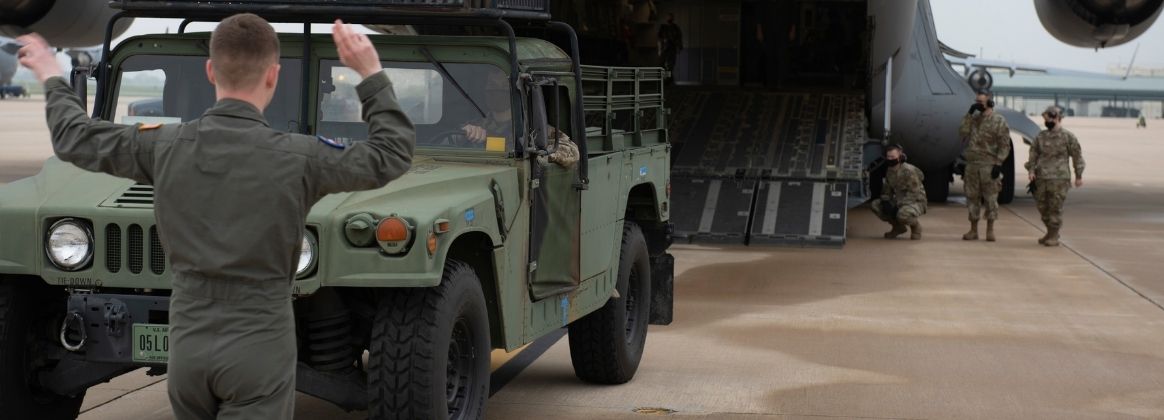There are more than 1,000 job vacancies division wide, with most facilities lacking from 40 to 70 percent of needed staff.
As a declared state of emergency continues, West Virginia’s Corrections Commissioner told lawmakers he would welcome a special legislative session on pay raises.
William Marshall, the Commissioner for the Division of Corrections and Rehabilitation presented a report to members of the Legislative Oversight Committee on Regional Jail and Correctional Facility Authority on Sunday.
Marshall began by noting that there are more than 1,000 job vacancies division wide, with most facilities lacking from 40 to 70 percent of needed staff.
“We have over 300 National Guard members that are assisting in our facilities each and every day,” They’re doing a wonderful job for us. I’m not sure what we would actually do without them right now.”
Gov. Jim Justice called on the National Guard last year to assist corrections in non-front-line duties. Marshall said the guard assistance will cost taxpayers $17 million this fiscal year.
“We welcome the possibility of a special session to hopefully address some of the pay needs for the division,” Marshall told lawmakers.
House Bill 2879 would have given correctional officers a $10,000 pay raise over three years. The bill called for an initial $5,000 raise, followed by $2,500 over the next two years, and a $6,000 one-time bonus. The current starting pay for West Virginia correctional officers is about $33,000 a year, markedly lower than comparable positions in neighboring states and federal holding facilities.
The bill passed the House Jails and Prisons Committee unanimously but died in the House Finance Committee.
Marshall said the department’s mission now highlights increased and revamped recruiting efforts. He said they have improved the website, working to better connect with younger prospective employees through social media. Corrections now offers pre-counseling for applicants who would go through the process but become intimidated by the civil service test. They have also eliminated what Marshall called the strain of a six-week academy training stay.
“That was a strain on a lot of individuals to be away for six weeks from their families,” he said. “We’ve changed that process and we’ve got them working at the facility for two weeks shadowing an individual getting the basic training there, then taking some online courses. Then they would go to the academy for four days here and there maybe even a week,”
Sen. Charles Clements, R-Wetzel, asked Marshall about a sign he sees near his home.
“I drive by the St. Mary’s correctional facilities two or three times a week,” Clements said. “A big sign out there says ‘careers start here.’ If I decide I want to become a correctional officer, I go inside – and what happens from that point on?”
Marshall responded that throughout the corrections system, there’s a new emphasis on congeniality and helpfulness.
“We’ve instructed all of our facilities to be extremely proactive,” Marshall said. “We will sit down with you right there and get on the website and get you an application filled out right then. We’ll make it as easy as we can to get on the register and try to get them hired.”
Marshall said there needs to be some sort of compromise in getting pay raises to boost not just recruitment, but retention.
“We need to land on something to show the existing officers that we’re going to reward them with a higher salary,” Marshall said. “Our retention right now is just as big as our recruiting. We’ve hired roughly 150 since the first year, but we’ve probably lost that many.”
Several committee members said they were hopeful there would be a special session to consider pay raises for all 3,800 corrections positions, not just guards. Committee Chair Del. David Kelly, R-Tyler, told Marshall the effort to get pay raises to corrections officers will continue.
“I want your people to know that we hear them,” Kelly said. “We’re trying to do what we can to get something to happen for them.”
In a statement last week, Justice says he still agrees on needed corrections pay raises and that the problem must be solved. So far though, there is no word on a special session.
